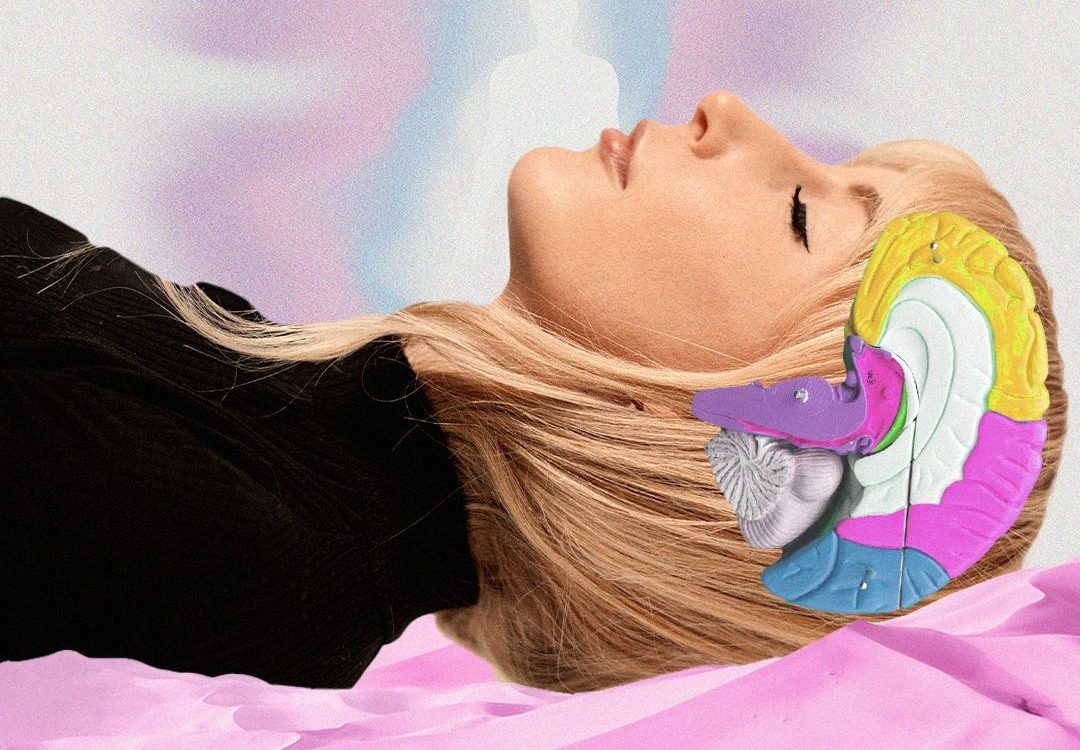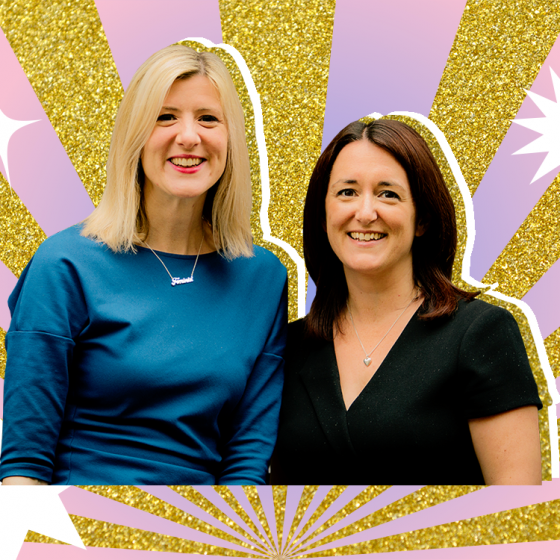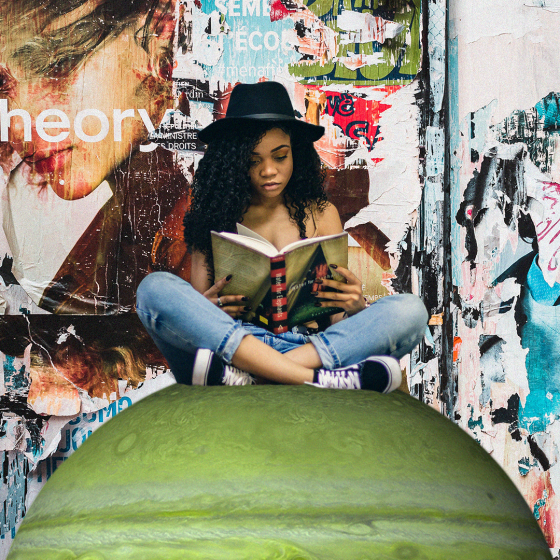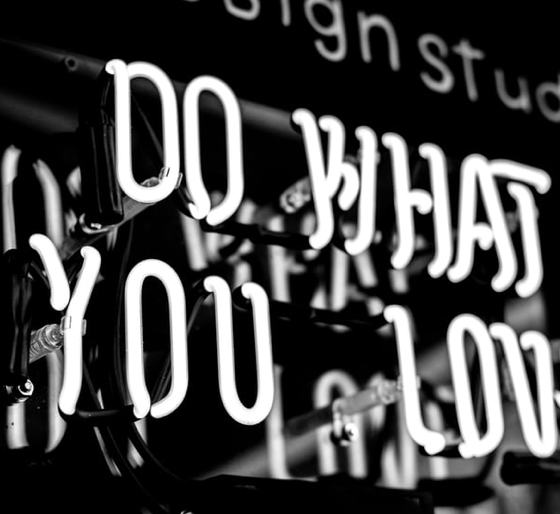Last summer, my counselor told me I have a dopamine addiction — specifically, in relation to my ever-increasing personal goals. She pointed out that I’m always striving for the next life achievement, the next ‘dopamine hit’, in order to feel safe.
“Dopamine is the chemical that our brain releases when we do something ‘good’,” explains Niels Eék, psychologist and co-founder of mental health and self-development platform, Remente. “The body ‘rewards’ us with the high of dopamine when we do something that benefits us, and makes us more aware of this beneficial behavior by tying it to the ‘feel good’ hit of dopamine.”
It didn’t take long for me to realize that my counselor was right. I’m always looking to achieve something new, like a new skill or qualification. These sorts of achievements make me feel validated and safe, but soon after achieving them, I’m onto the next ‘win’. This achievement cycle results in major dopamine hits when I ‘achieve’ my goals, and then lower, ‘dopamine-less’ periods in the in-between.
I realized that my job as a freelance journalist was entirely structured around achievements. Sending pitches, getting commissions, and seeing my articles go live was all centered around dopamine, dopamine and more dopamine
“Dopamine will often be the driving force urging you to achieve goals, hit targets, and remain driven when there is an end goal in sight,” says Eék. “Unfortunately, that high you get when you’re succeeding can be addictive, pushing you on to keep achieving and aiming higher by continuously setting yourself new goals to reach.”
But dopamine alone can’t give us long-term contentment. “Dopamine is known as the ‘natural reward system, but the feeling achieved by dopamine is not long lasting,” warns Dr. Audrey Tang, psychologist and author of The Leader’s Guide to Resilience. “But because of the feeling of that initial high, the next time we are feeling low — or achievement chasing — we almost crave the ‘easy win’.”
I agreed with my counselor that placing less weight on personal achievements was something that I needed to work on. But after our conversation, I realized that my job as a freelance journalist was entirely structured around achievements. Sending pitches, getting commissions, and seeing my articles go live was all centered around dopamine, dopamine and more dopamine.
Of course, this is not to say that all freelance journalists experience dopamine hits in their jobs — work affects us all differently — or that ‘achieving’ induces the same reaction in everyone. Plus, dopamine hits can come from a myriad of activities (social media ‘likes’, for instance). But for those of us with careers that revolve around those dopamine spikes, it can be difficult to feel centered and balanced.
Twenty-two year-old Malvika is a fashion and beauty content creator. She produces paid content for several apps, in addition to Instagram and TikTok, and notices dopamine at play when it comes to how her work is performing on social media.
“When you get a dopamine hit, it feels like nothing can phase you, and when it’s gone, you end up feeling quite empty,” she says. “The first few times I had viral videos, I felt on top of the world for a good few hours, only to then post another video and realize the performance was nowhere near as impressive.”
Katie, a 26-year-old PR professional, has noticed dopamine playing into her working life. “My entire job centers on meeting and exceeding the goals of around 15 individual PR clients at any one time,” she says. “[For me] the work operates like a reward system — it’s like trying to get Instagram likes on steroids — but the reward system doesn’t consistently work in the way you expect it to. I feel a rush of pride and excitement when successfully placing a feature in a magazine, but sending an email pitch and getting no pick-up leaves me feeling panicked and frustrated.”
So, how can we work to balance out those dopamine levels and focus more on maintaining a long-lasting sense of contentment and security?
“Ultimately, it is up to you to decide what is attainable, and what is not,” says Eék. “If you start to find yourself chasing an increasingly elusive dopamine high to the point where it is detrimental to other facets of your life, it may be time to take a step back. Speaking with a colleague, friend, or family member can be a great way to gain perspective on a situation that seems unattainable or increasingly complex.” Eék also suggests exercise and stress management techniques like yoga, mindfulness meditation, and journaling as effective ways to balance dopamine levels of this nature.
Regular practice of gratitude is not only a wonderful way to take a mindful moment to live in the present — but it also fights the hedonistic treadmill because it reminds us of what we already have, which can satiate the craving to chase more
Twenty-eight-year-old Sonya is a social entrepreneur. As the founder of LMF Network and author of Unprepared to Entrepreneur, she’s certainly observed dopamine playing into her working life, describing it as a “constant emotional rollercoaster”. She’s found self-care to be hugely important in combating the negative effects of dopamine hits. “I picked this life because it suits me and my personality, [but] knowing that you live in this constant mood and energy cycle means you must be kind to yourself if things don’t work out, or if plans or to-do lists aren’t met,” she explains.
One way to exercise ‘self-kindness’ is to remind yourself of what you’ve got. “[For high-achievers] regular practice of gratitude is not only a wonderful way to take a mindful moment to live in the present — but it also fights the hedonistic treadmill because it reminds us of what we already have, which can satiate the craving to chase more,” Tang explains.
Malvika has certainly started to embrace what she’s already got, rather than what she might get if something performs well online. “In the beginning, dopamine definitely fueled me,” she says. “Today, I would say I thrive more on how fulfilled I am with a piece of content before I put it out. I’ve started to find happiness elsewhere. I enjoy watching Bollywood movies, journaling, and finding inspiration in other creative mediums.”
As for me? I’m still learning. I know it’ll take time to reach a place where I can truly balance out my dopamine levels and feel more grounded in myself. But reminding myself of how lucky I am, as well as engaging in self-care practices, works wonders in terms of helping me feel more centered. I’m not there yet. I might not be ‘there’ for a long time. But I’m on the way.









